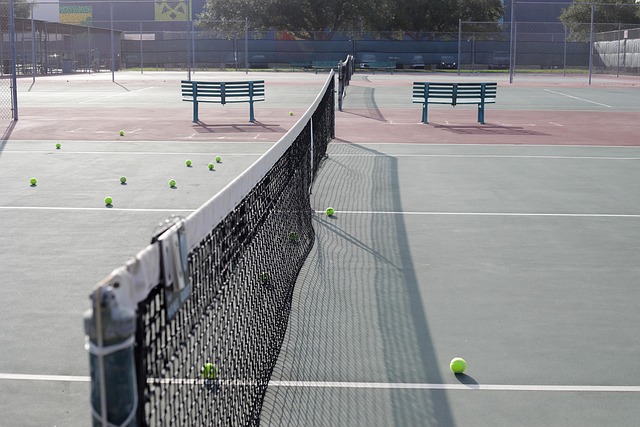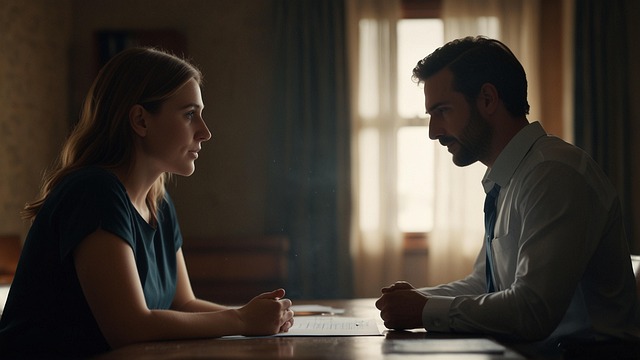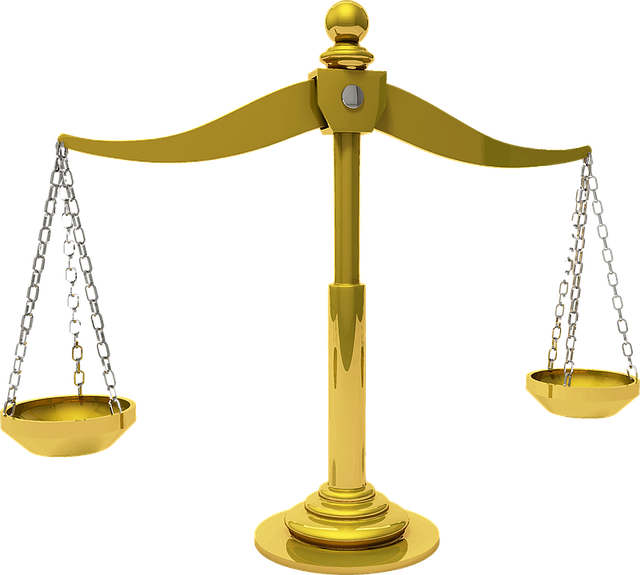Misunderstandings and communication gaps often drive criminal defense disputes. Effective communication and exploring alternative strategies bridge these gaps. Choosing a specialized criminal defense lawyer with strong communication skills is crucial. Legal professionals navigate complexities using tailored strategies, thorough investigations, and procedural defenses. Evidence analysis and creative approaches build robust defenses. Post-trial procedures vary, offering appeals, retrials, restitution, or community service for fairness.
Navigating criminal charges can be complex, often leading to disputes that demand strategic legal assistance. This comprehensive guide delves into the heart of these issues, exploring common causes and concerns in criminal defense disputes. We equip you with insights on selecting the ideal lawyer for your case, mastering effective defense strategies, leveraging evidence to build a compelling argument, and understanding post-trial procedures. Unravel the process, armed with knowledge, and discover powerful crime defense strategies tailored to your needs.
- Understanding Criminal Defense Disputes: Common Causes & Issues
- Evaluating Legal Assistance: Choosing the Right Lawyer for Your Case
- Effective Defense Strategies: Navigating Legal Loops & Challenges
- The Role of Evidence: Presenting a Compelling Case for Dispute Resolution
- Post-Trial Procedures: Appeals, Retrials, and Restoring Justice
Understanding Criminal Defense Disputes: Common Causes & Issues

Criminal defense disputes often arise from misunderstandings or disagreements about the best course of action in a legal case. Common causes include communication breakdowns between clients and attorneys, differing opinions on defense strategies, and misaligned expectations regarding outcomes. Issues may involve misinterpretations of evidence, discrepancies in legal research, or conflicts over whether to accept a plea bargain or proceed to trial.
Effective communication is key to resolving these disputes. Clear and consistent dialogue between the client and their lawyer is essential for aligning goals and understanding the complexities of the case. Exploring alternative defense strategies can also bridge gaps in understanding, ensuring clients feel involved while leveraging legal expertise to build a robust defense against criminal charges.
Evaluating Legal Assistance: Choosing the Right Lawyer for Your Case

When seeking legal assistance for a criminal defense, it’s crucial to evaluate and choose a lawyer who aligns with your case needs. This involves considering their expertise in handling specific types of criminal charges, understanding their defensive strategies, and gauging their communication style. Look for attorneys specialized in areas relevant to your case, as this ensures they possess the necessary knowledge and experience.
Effective legal assistance should involve a lawyer who actively listens, explains complex legal concepts in simple terms, and keeps you informed throughout the process. Their defensive strategies should be tailored to your unique situation, leveraging evidence, procedural defenses, and negotiating skills to achieve the best possible outcome for your criminal charges.
Effective Defense Strategies: Navigating Legal Loops & Challenges

Navigating legal loops and challenges is a critical aspect of crafting an effective criminal charges defense strategy. Skilled legal professionals play a pivotal role in guiding defendants through the intricate web of laws, regulations, and court procedures. They employ various strategies to counter the prosecution’s arguments and protect their client’s rights. One key approach involves thorough investigation, where attorneys gather and analyze evidence, identify potential witnesses, and uncover any flaws or inconsistencies in the prosecution’s case.
Additionally, legal experts leverage their knowledge of procedural rules to ensure fair treatment for the defendant. They may file motions to suppress evidence obtained illegally, challenge the admissibility of witness testimonies, or argue against flawed police procedures. By employing these defense strategies, legal assistance becomes a formidable ally, empowering defendants to navigate complex legal systems and fight for a just outcome.
The Role of Evidence: Presenting a Compelling Case for Dispute Resolution

In any criminal defense dispute, evidence plays a pivotal role in shaping the outcome. The goal is to assemble a robust and compelling case that effectively challenges the prosecution’s claims. This involves a strategic approach to gathering and presenting relevant information. Defense attorneys must meticulously examine and interpret evidence, such as physical clues, witness testimonies, and forensic reports, to construct a solid defense.
By employing creative defense strategies, legal professionals can navigate complex cases and mitigate criminal charges. They must be adept at identifying weaknesses in the prosecution’s case and utilizing evidence to support their client’s innocence or reduce culpability. This process demands a deep understanding of the law, procedural rules, and the art of persuasion to present a compelling argument and achieve a favorable resolution for the accused.
Post-Trial Procedures: Appeals, Retrials, and Restoring Justice

After a trial, various post-trial procedures can be initiated depending on the outcome and the actions of both the defendant and prosecution. For those found guilty, appeals and retrials are common routes to explore. Appeals allow for a review of the case by a higher court, examining procedural errors or issues with the verdict. This process involves submitting legal arguments and documentation to seek reversal of the original decision.
In cases where an acquittal is secured, the focus shifts towards ensuring justice is restored. This might involve restitution for victims, community service, or further investigations into potential criminal charges defense strategies. The goal is to achieve a resolution that not only upholds the law but also accounts for the impact on all parties involved, fostering a fair and balanced justice system.






